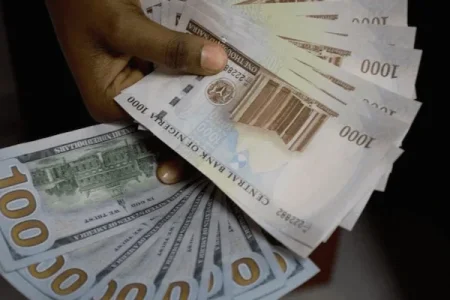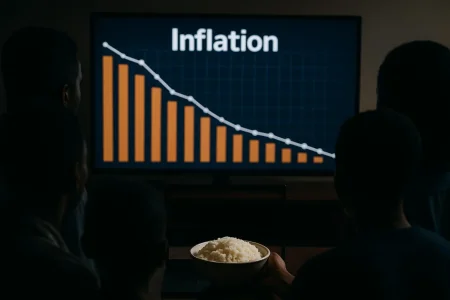
The Naira has dropped sharply as banks’ borrowing from the Central Bank of Nigeria (CBN) for foreign exchange (FX) rises to 32%. This increase in borrowing rates has intensified pressure on the Naira, contributing to significant declines in both official and parallel market rates.
The recent depreciation of the naira has been attributed to the Central Bank of Nigeria's (CBN) lending practices, with banks borrowing from the CBN to acquire foreign exchange (FX). According to Bismarck Rewane, CEO of Financial Derivatives Company Limited, this borrowing has intensified pressure on the naira and inflation rates. On Tuesday, the naira lost 3.13% of its value against the dollar, with the official rate quoting at N1,548.76 compared to N1,500.32 the previous day. In the parallel market, the naira fell sharply to N1,687 per dollar.
Rewane noted that the CBN's recent adjustment to the asymmetric corridor around the Monetary Policy Rate (MPR) from +500/-100 basis points will significantly increase borrowing costs. Previously, banks borrowed at approximately 26%, but this rate is expected to rise to nearly 32%, potentially deterring excessive borrowing from the CBN for FX purchases and thus alleviating some pressure on the naira.
The CBN has implemented numerous interest rate hikes over the past three years, which Rewane argues have more substantially impacted liquidity than recent adjustments to the MPR.
These measures aim to curb inflation and stabilize the naira. Nigeria’s consumer price index has climbed to 34.19%, reflecting an ongoing inflationary trend. Analysts from FBNQuest anticipate that Nigerian banks will benefit from the higher interest rates, which could lead to a shift of investments from equities to fixed-income securities as investors seek higher yields.




